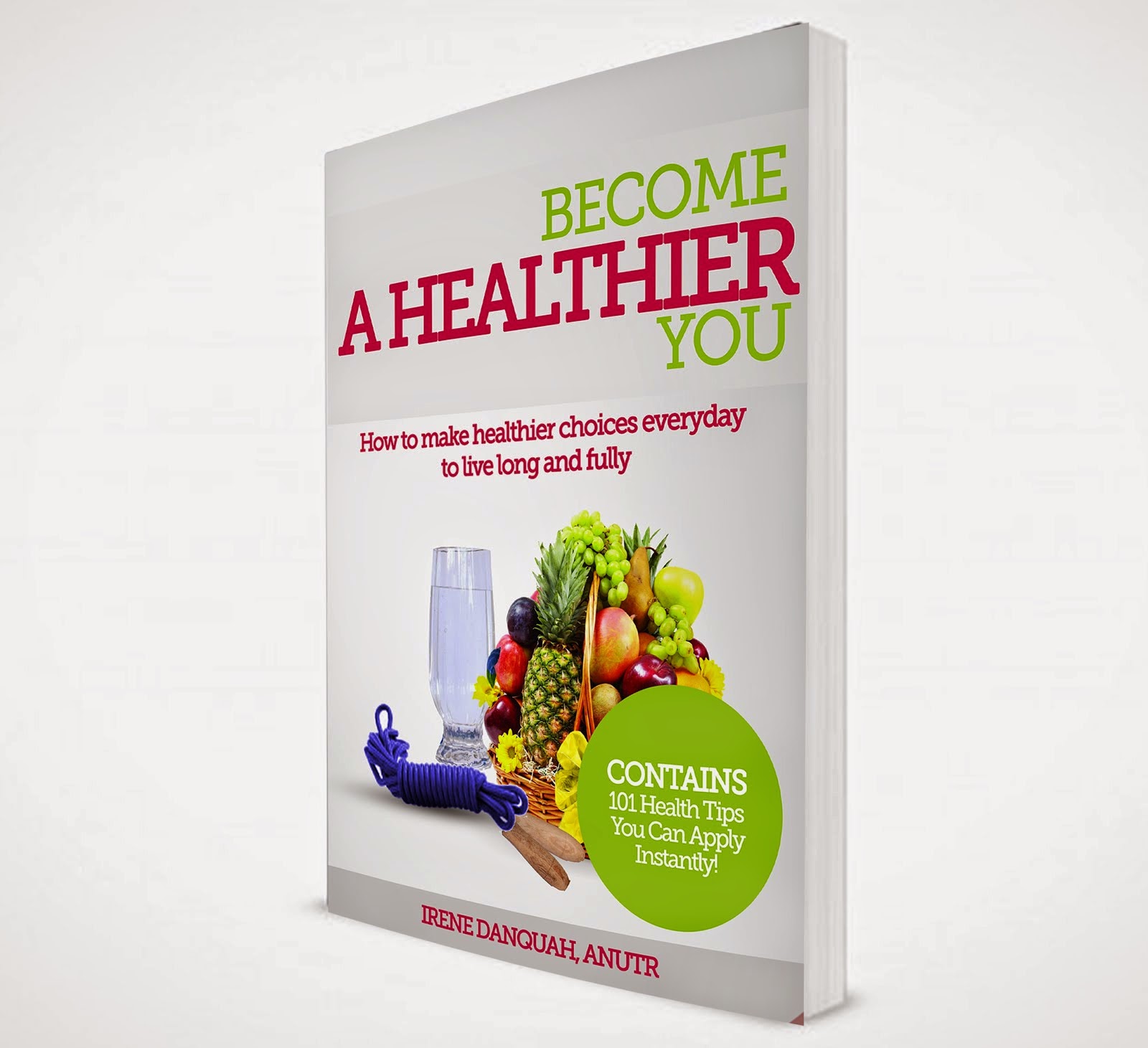When individuals aged 65 and above retire from work, they
usually want to rest and enjoy the rest of their lives. Unfortunately, ageing
is mostly associated with malnutrition, changes in sensory perceptions,
loneliness, depression, forgetfulness, poor dental health, and physical inactivity.
These factors mostly contribute to poor health and
nutritional wellbeing among this age group and prevent them from enjoying the life
they desire. If you have an elderly relative, here are some guidelines to help
them live a healthier and happier life.
- Cook a variety of healthy meals for the aged especially when they will be left on their own as loneliness can prevent them from cooking. Cooking a variety of meals for them will get them to eat adequately nutritious meals, and removes the boredom of eating the same food all time and consequently losing appetite. Loss of appetite, poor quality meals, and inadequate food, are all contributing factors of malnutrition.
- Incorporate foods like oats, brown rice, whole grain cereals, whole grain bread and fruits in their diet. These are excellent sources of fibre that help to prevent constipation, a condition that is common among the aged.
- Flavour their meals with fresh herbs, natural spices like ginger and garlic, salsas, chutney and healthy sauces, to improve the taste of meals and make them more appetizing. Remember that in old age, there are usually changes in our sensory perception. Also do not use salt as a flavour because high salt intake is linked to high blood pressure (hypertension), which is common among the elderly.
- Serve their food in attractive ways. You can experiment with multi-coloured fruits and vegetable salads and find interesting ways to encourage eating adequately to prevent malnutrition.
- Remind them to eat, especially when they are left on their own. They may forget to eat if you do not do prompt them.
- Eat with them to show love and togetherness. This will prevent them from feeling lonely and depressed, and making them loose appetite.
- Assist with feeding if the need arises. If they cannot easily swallow food due to poor dental health, provide them chopped, mashed or pureed foods. Gravy and sauces can help to soften and moisten their food as well.
- Encourage them to drink milk, a very good source of calcium, which is needed for strong bones and teeth. Seek a doctor’s advice on giving the elderly calcium supplements in situations where milk is not readily available.
- Encourage them to consume a lot of liquids like water and natural fruit juices so they do not become dehydrated and suffer constipation.
- Get them involved in physical activity. For example, you can offer to take them on regular walks in the neighborhood. Physical activity tends to be generally low among the elderly, so you should encourage them to get more active. Physical activity will also improve bowel movements and prevent constipation.
Good
nutrition can improve the general health and quality of life of older adults.
Furthermore, it can prevent or reduce some of the physical and mental ailments associated
with ageing.
About
Contributor
Ama
Konadu Appiah holds a BSc Home Science from the University of Ghana and an MSc
Nutritional Sciences from the University of Nottingham, UK. Ama specialises in
health promotion, nutrition & metabolism and molecular nutrition.












